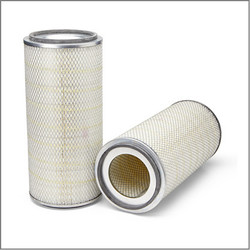
Semi-Truck Air Cleaner Filters
Find the perfect air cleaner filters for your semi-truck at 4 State Trucks. We offer everything from filter elements to wraps, to help ensure your engine stays clean and efficient through optimal cleaning performance.





